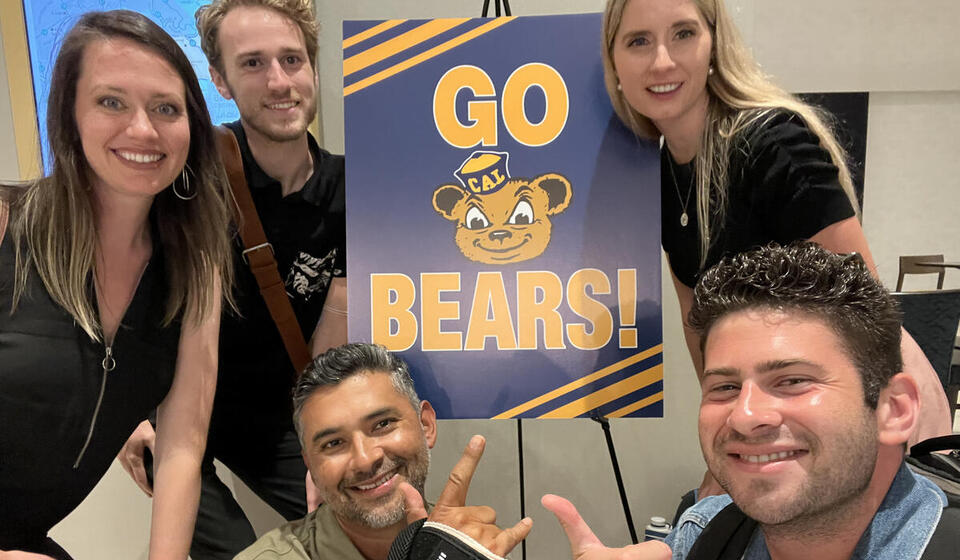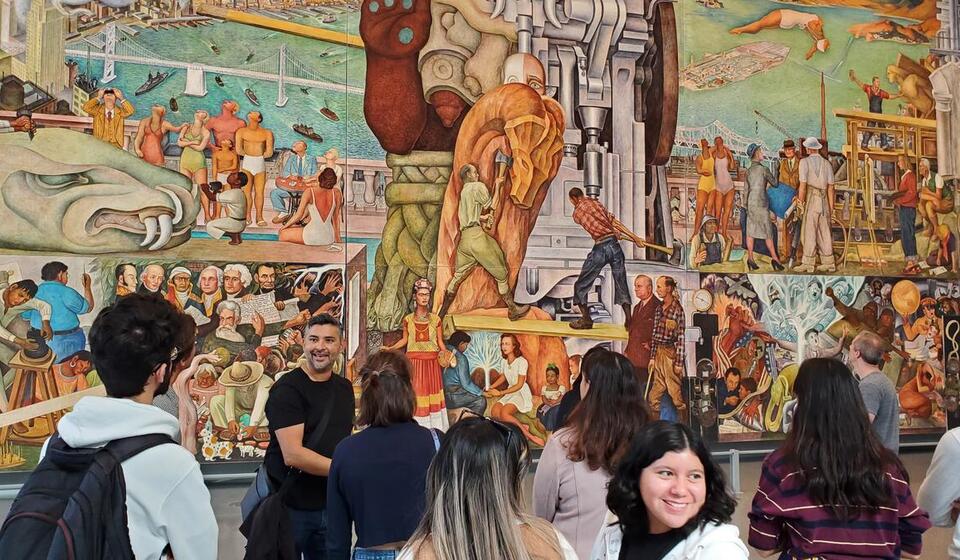
The Department of Spanish and Portuguese is participating in a multi-campus initiative (known as DEIBlueprint) to assess issues relating to diversity, equity, inclusion, belonging, and justice.
This page is a repository of the materials, resources, and initiatives the Climate Council has assembled to address our community needs. To further address our community needs, we will continue to refine and administer the climate survey.
Our Climate Council is composed of a rotating group of graduate student member: Gabriel Lesser; staff member: Gregory Pollet-Young; and faculty members: Clélia Donovan and Nasser Meerkhan.
The scope and goals of the committe are as follows:
-
Be the voice of the department for keeping the climate a priority
-
Be a catalyst for all members of the department to submit feedback.
-
Be a place for Staff, Faculty, and Graduate Students to gather and communicate horizontally.
-
Improve departmental climate through community building and open communication.
-
Gather and share data gathered via the annual climate survey
-
Take action on climate related matters when possible (for example, personal and confidential grievances are not always within the scope of the committee)
-
When personal and or confidential grievances are received by the climate committee they will be referred to the responsible department member and / or campus office.

Around us, on campus and off campus, we witness unbridled examples of constitutive and structural racism in action. While some can casually go about their day, others have to worry that they might be killed by those who should protect them. While some populations—privileged by their nationality, race and class—have open borders wherever they go; others have to face cages, racial profiling, sexual violence, linguistic prejudice and insidious aggressions even in places supposedly welcoming to them.
At the Department of Spanish and Portuguese at U.C. Berkeley, we recognize the violence and unjust encounters at the origin of our field. We are also aware of the relative position of the Spanish language to English in the United States. Most marginalized immigrants in the U.S. are from Latin America and speak Spanish, among other languages. With this in mind, we stand in solidarity with Black, Indigenous, Latinx and other people of color, in the United States and throughout the world, against all forms of racism, white supremacy, and injustice.
Our department recommits to inclusive and equitable opportunities for all. We deeply value multilingualism (indeed, there is no official language of the United States), nonconformity to binary gender, and peoples and groups whose ethnic, racial and class backgrounds, as well as citizenship status, have been marginalized. We stand alongside the writers, thinkers and artists, who have struggled for justice. They can be an example to better understand ourselves as a department of language, literature & linguistics that is part of a public institution in the United States, and thus how we are part of the system we live in and want to change.
Resources for Graduate Diversity:


